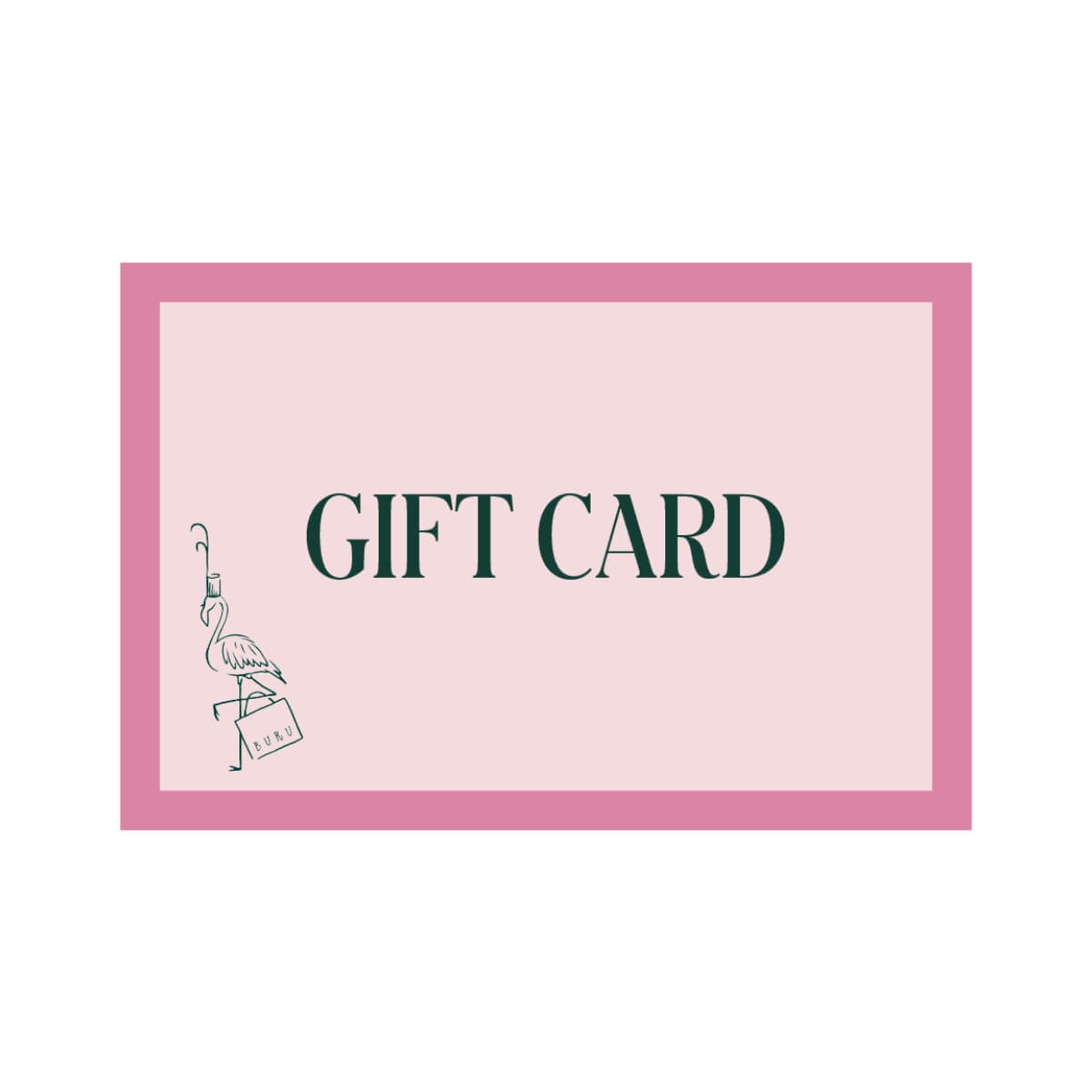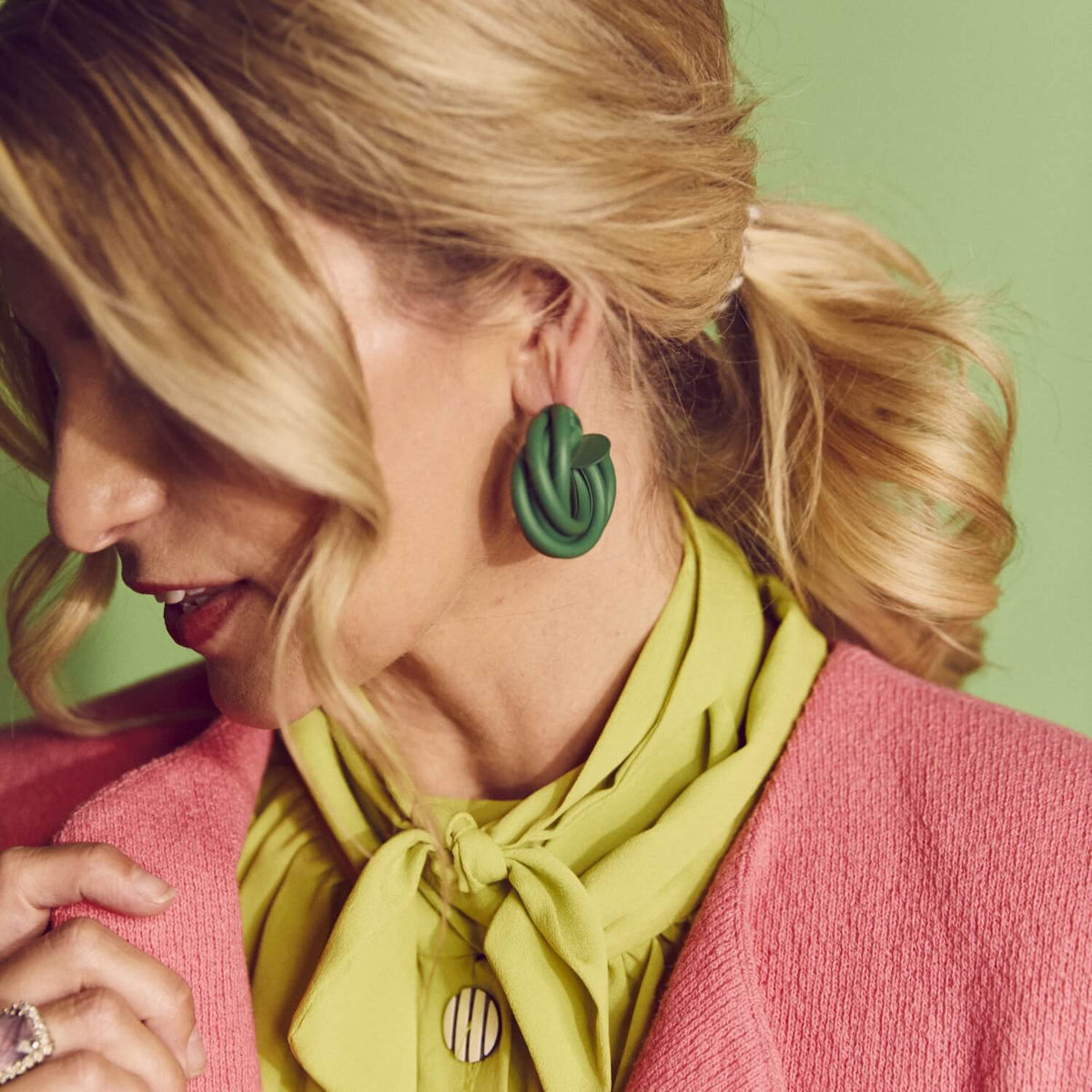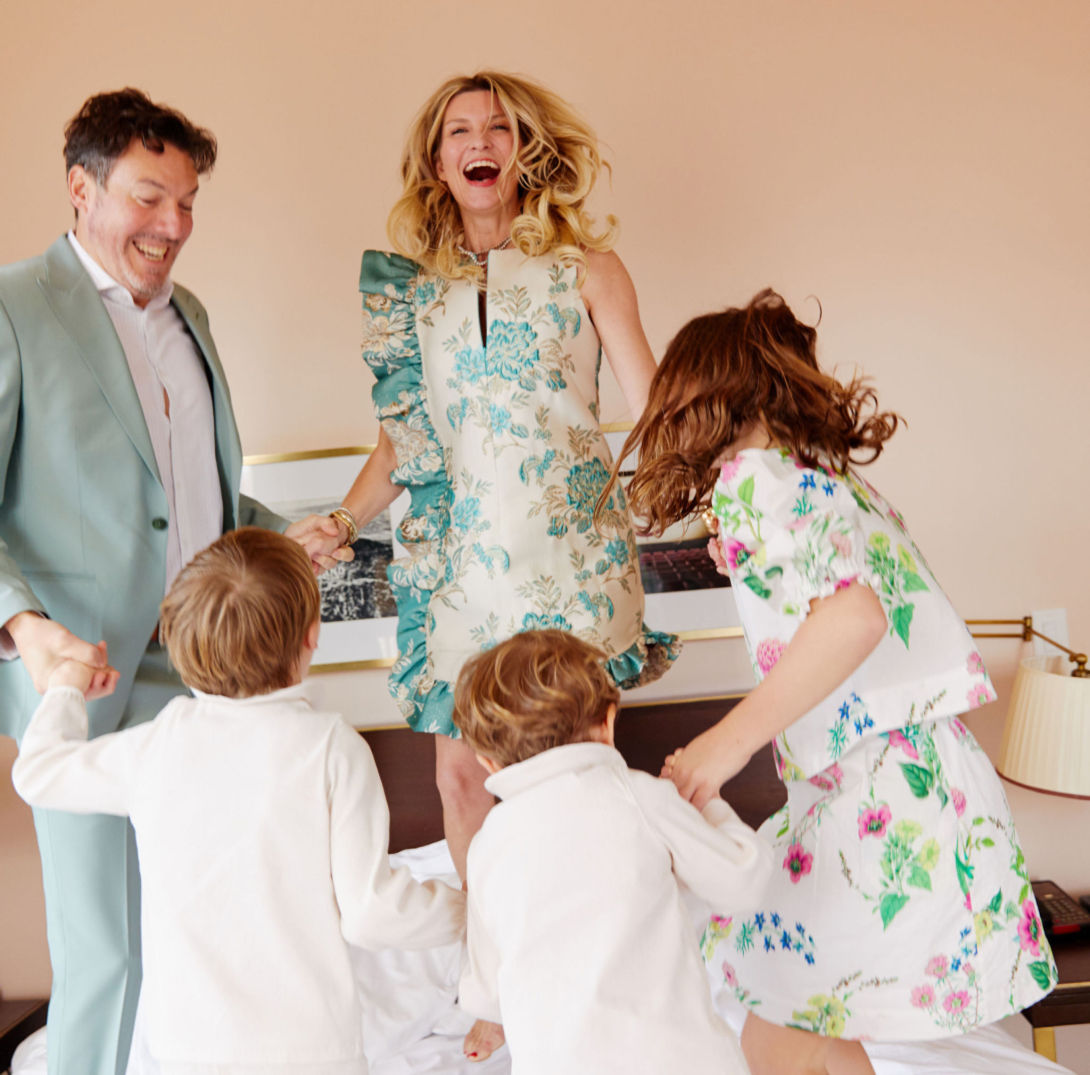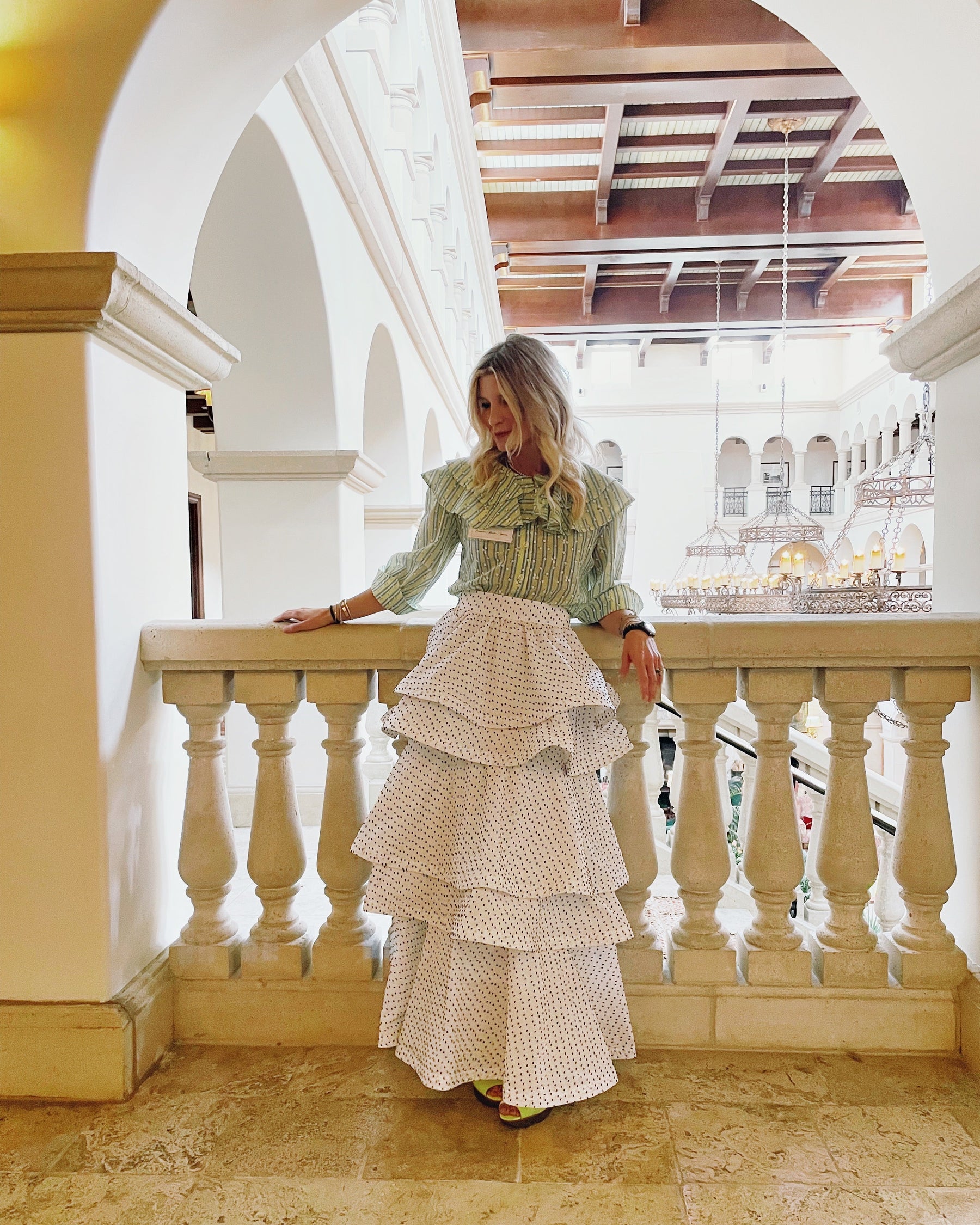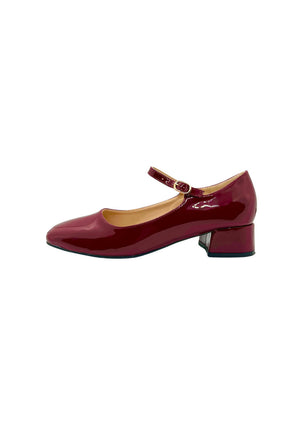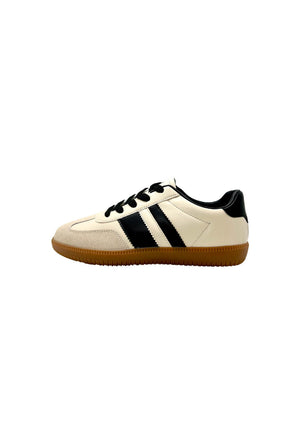Top Ten Tips for Nursing Beginners

You know a little bundle of joy has been coming for 9 months, but it isn't until you hold your child in your arms for the first time that you really begin to feel like a mother. Along with that comes a rush of emotions ranging from indescribable joy to quizzical worry about what you're doing and how on earth you're going to take care of such a precious little being. That's why we've created these ten tips to take some of the nursing worry out of the whirlwind of questions you'll have. We still recommend consulting your doctor of course, but these basic tips will help you get started.
Happy National Breast-Feeding Week!
Don't be surprised if you're sore.
FamilyDoctor.org reports that it's normal to feel menstrual cramps the first few days to the first few weeks after delivery when your milk lets down. They also reported that if your baby is latched on properly, you may experience 30 to 60 seconds of pain. If any pain lasts longer than that, take a break before resuming and consult your doctor.
Increase time gradually.
The best way to solve soreness and become more accustomed to nursing is practice. Overtime, gradually increase the amount of time you nurse. Children's Health Network.org recommends starting at about 10 minutes on each breast provided that it's safe and that your baby is hungry for the long.
Moisturize the nipples.
While there is no single cause for soreness, there are a few solutions. The National Institutes of Health advise to try any ointments containing lanolin, olive oil or expressed milk to soothe dry or cracking nipples.
Invest in nursing tanks and bras.
Do yourself a HUGE favor and invest in proper nursing bras and tanks. I made the mistake of thinking that a sports bra would do just fine in the beginning and I quickly learned I was wrong. Personally, I recommend bras from Cake Lingerie. BURU carries a wide variety in essential wardrobe colors ranging from casual comfy to sexy comfy. Check out nursing bras HERE and read more about my nursing bra learning curve and solutions HERE.
I also found nursing tanks were a go-to in my closet while I was nursing my daughter. They're so comfy and can be worn under a wrap dress or paired with a sweater and chic elastic waist pants. Needless to say I couldn't live without them– especially when I had just come home from the delivery room. BURU's wide selection has a nursing tank to go with any and every outfit. View them HERE.
Invest in nursing-friendly clothing.
You need to have something on top of those nursing bras and tanks, right? Right. However, that doesn't mean you have to forgo style. It's important to have more nursing-friendly pieces in the closet so that you don't spoil the ones that aren't with milk and spit up, but it's also important that they're chic so that YOU feel good. The absolute new nursing-mom basics are a button down blouse, leggings, chic elastic waist pants and an easy-access dress. I also recommend that they be 100% machine washable so that you can quickly wear them again and again. Check out BURU's nursing essentials HERE.
Create a breast-feeding place.
It may seem silly, but creating a designated breast-feeding place in your home will help you and the baby ease into this new routine. I advise the baby's nursery or some sort of bedroom. Wherever you make you the space, be sure to have a comfy place for you to sit and relax, like a bed or chair. Also keep all the things you need to nurse nearby your sitting area either in a tote bag, dresser, Sterlite plastic drawers or even a box. This way everything you need is within arms reach.
However, I understand a the on-the-go lifestyle. So if traveling is a big part of your life too, check out our best tips for pumping and nursing while en route HERE.
Eat.
It's SO important to eat and maintain a healthy diet. According to Nutritionist Holley Grainger, MS, DS, nursing mamas should be adding between 300 and 500 extra calories to their diet. Why? Because breast-feeding actually burns a lot of calories and restricting your diet may put your milk supply at risk. For more helpful eating tips, read her nursing nutrition tips HERE.
Hydrate.
Water has always been a crucial part of any diet, but even more so for a nursing mother. A breast-feeding mother should drink at least eight glasses of water per day and more if possible according to Mayo Clinic.org. They also recommend limiting caffeine intake to no more than 2 to 3 cups because caffeine in breast milk may agitate the baby. Additionally, it's important to limit alcohol and any type of sugary drink intake, like soda or fruit juices.
Solve common breast-feeding problems at home.
You should always, always, always consult with your doctor, however, Baby Center.com offers a "Breast-Feeding Problem Solver" that's top notch. Simply click on the symptoms you're experiencing and it will provide you with solutions. Check it out HERE.
Relax!
Don't forget to take time to enjoy yourself and this new phase of life you've just begun! Motherhood is an exciting time full of new experiences.

